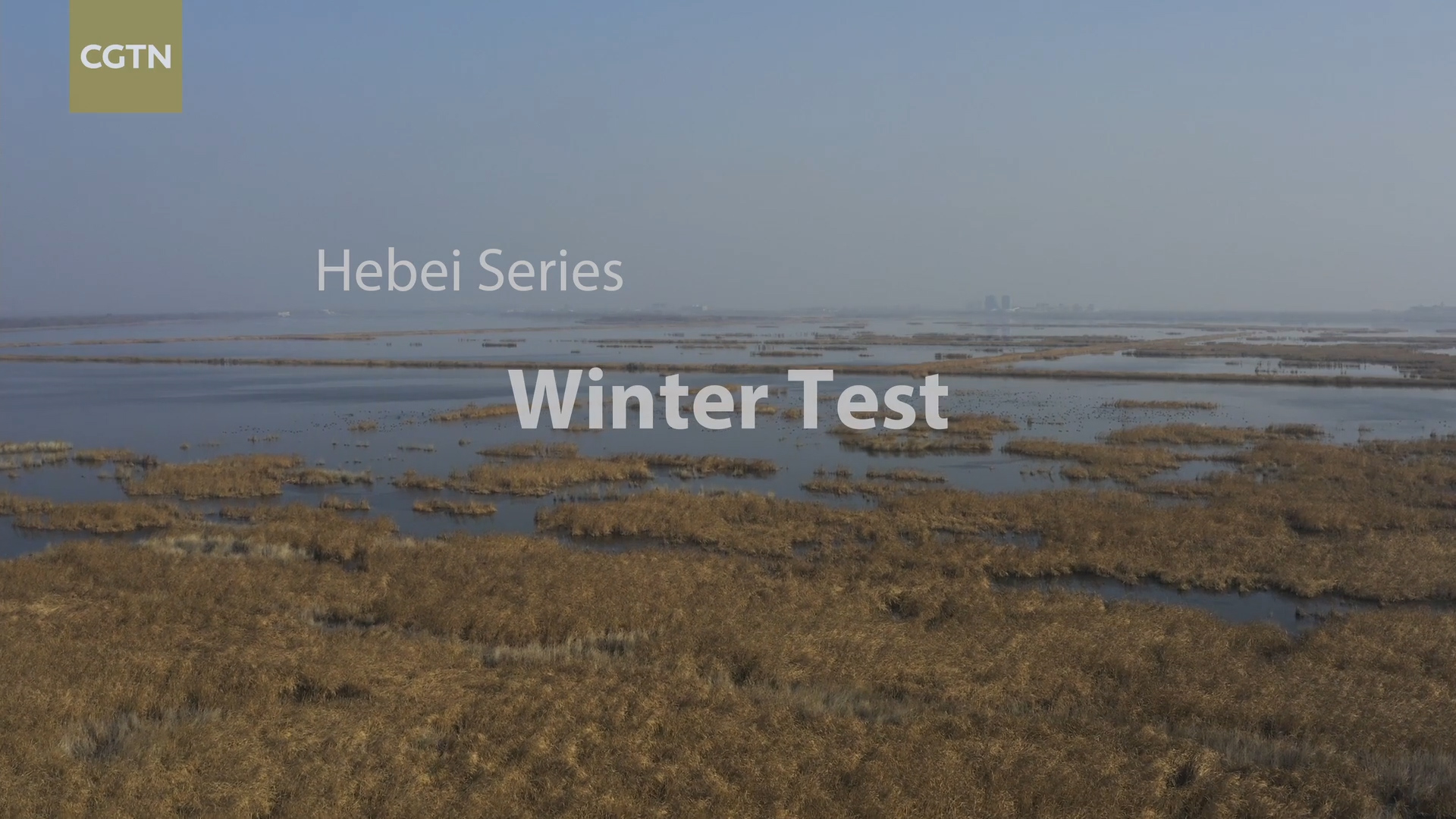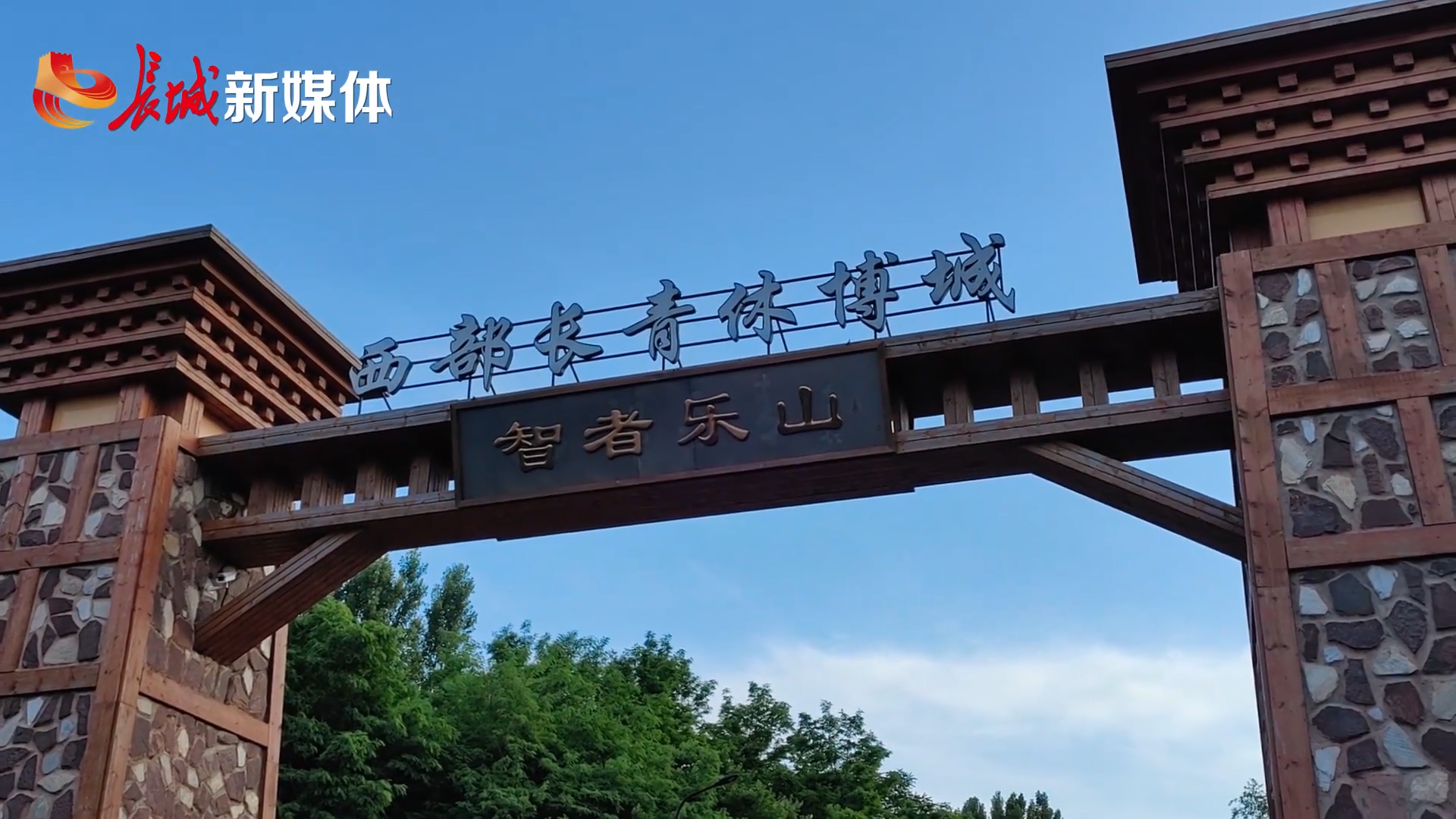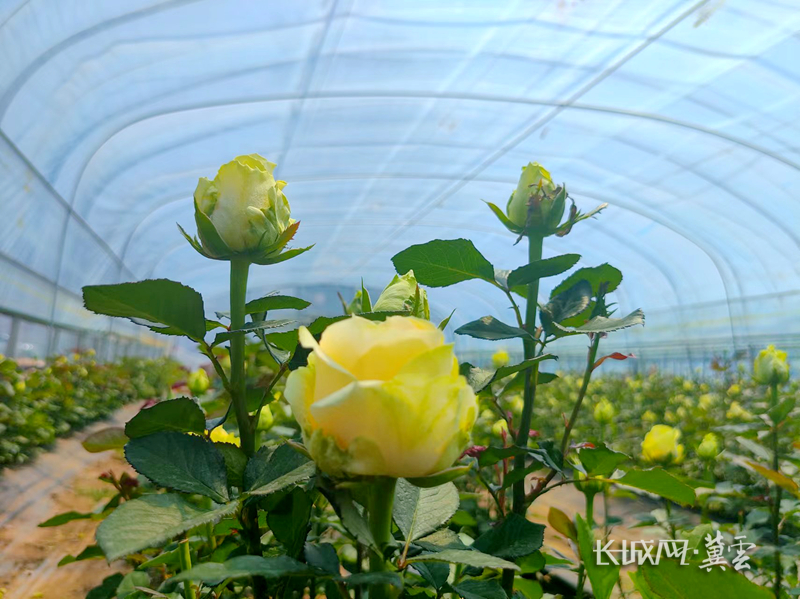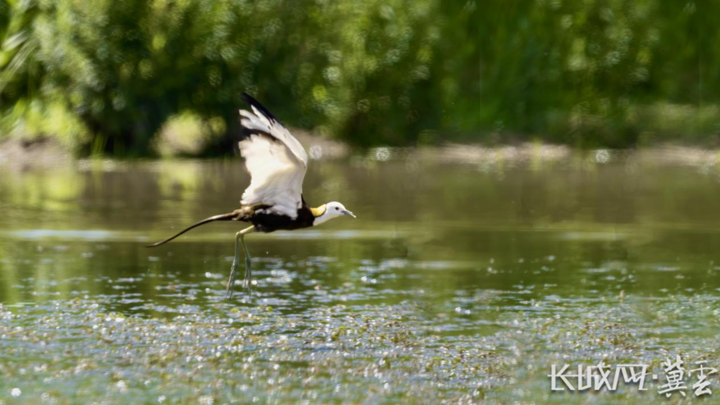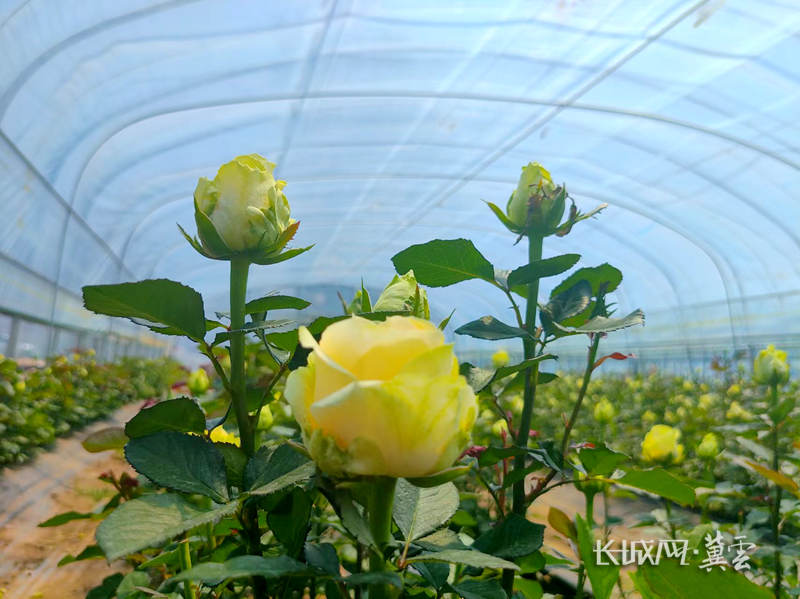
A village in north China's Hebei Province, where agriculture production was once at the mercy of nature, has blazed a trail in the rose-cultivation industry, generating wealth for local villagers.
Hulun village of Jiashihe township, Shangyi county, Zhangjiakou city of Hebei Province transferred 125 mu (about 8.33 hectares) of farmland and built a rose industrial park in 2020. Now home to 86 greenhouses, the village boasts a burgeoning fresh-cut flower industry.
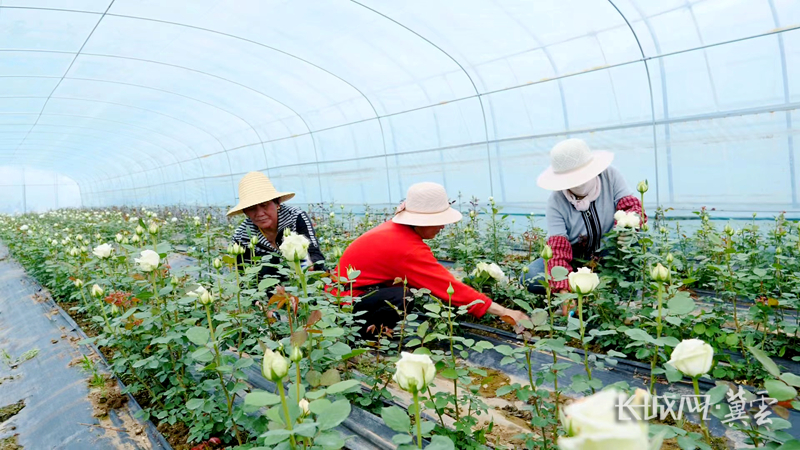
Photo shows local farmers working in a greenhouse in Shangyi county, Hebei Province. Photo by Xi Xiaoyu
"There are over 380,000 stems of roses of more than 30 types in our garden. They will be directly sold to Beijing," introduced Zheng Yifei, an executive of the industrial park.
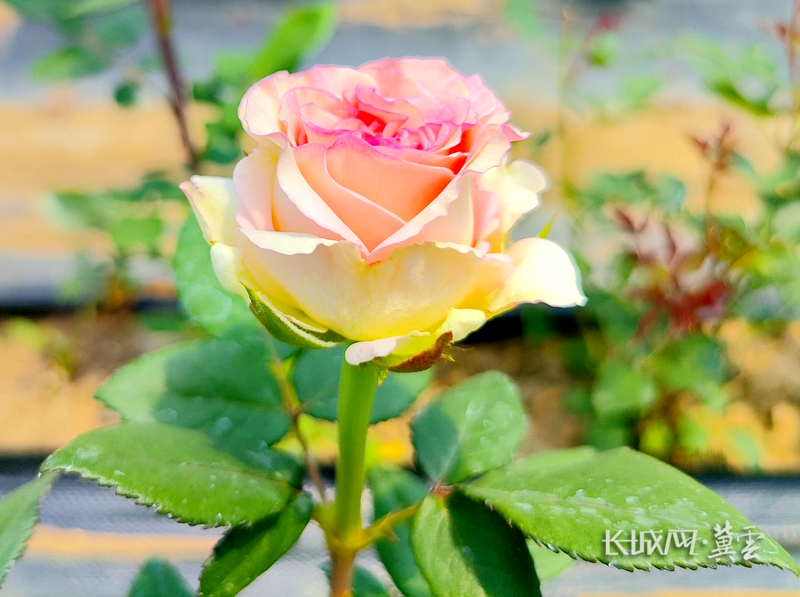
Photo shows a blooming rose in a garden in Shangyi county, Hebei Province. Photo by Xi Xiaoyu
"Our industrial park sells about 1.5 million to 2 million stems of flowers annually, earning 1.5 million yuan (about $224,389.5) and bringing the village an extra income of 245,000 yuan," said Zheng. "Apart from the rents from the farmland, the villagers also earn a salary by working here. So far, 40 villagers work in the industrial park as long-term employees."
"It’s the blooming season now. Many villagers come to work here to earn some extra money," said a villager surnamed Zhang.
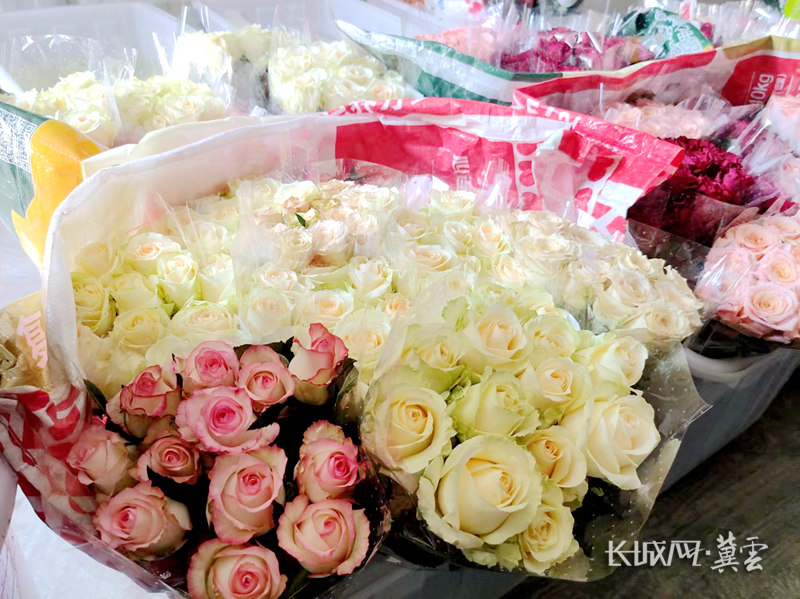
Photo shows fresh-cut roses in a cold storage in Shangyi county, Hebei Province. Photo by Xi Xiaoyu
"In the future, our township will attract more talents, make better use of farmland resources, and plant medicinal herbs along with more flower species," Li Guijun, Party secretary of Jiashihe township, revealed in an assertive tone.
Editor: Li Wenpei



